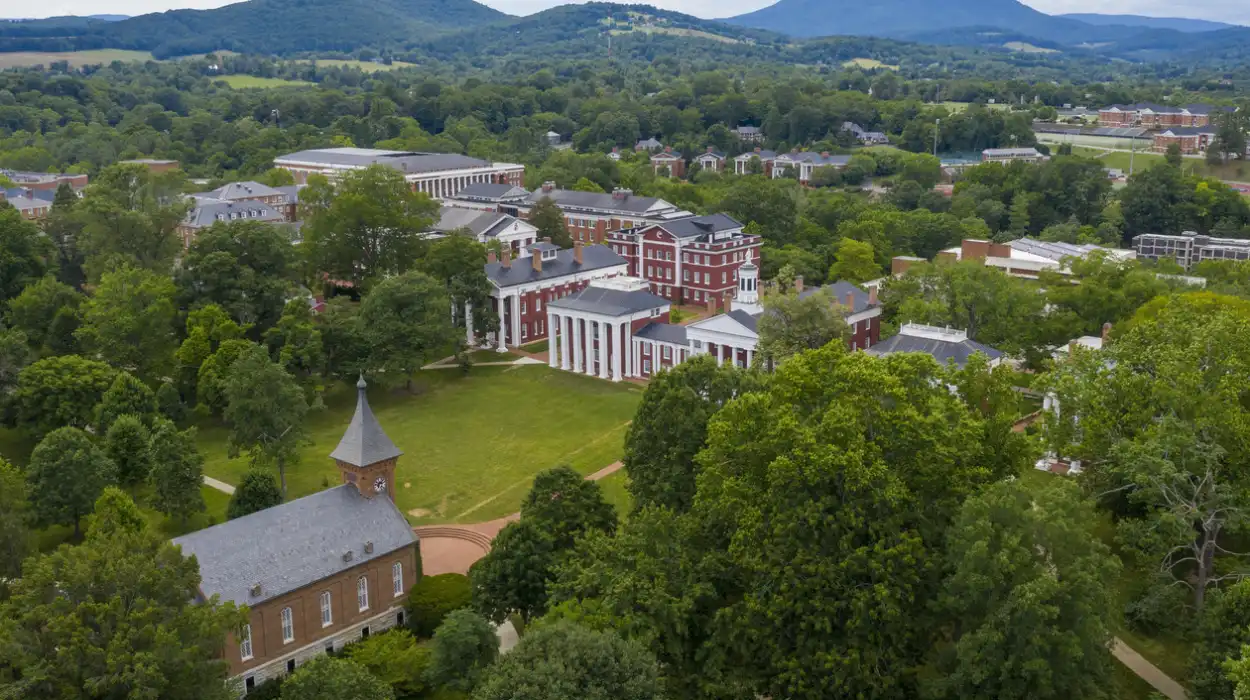In an effort to set themselves apart from the Ivy League institutions at the target of President Donald Trump’s attacks on higher education, a few of the country’s smaller liberal arts colleges are employing lobbyists from Washington for the first time. College presidents have always had a major role in handling government relations, but according to lobbying disclosures, at least five of the top 20 liberal arts colleges in the U.S. News & World Report have recently hired lobbyists for the first time in their history: Williams College, Pomona College, Claremont McKenna College, Davidson College, and Washington and Lee University.
According to Steven Bloom, assistant vice president for government affairs at the American Council on Education, “some institutions have decided that because of the risk, they feel like they need to hire some outside expertise to bolster what they’ve already been doing.”
Lewis-Burke Associates for Williams College, theGroup DC for Pomona College, and Brownstein Hyatt Farber Schreck for Davidson College are among the firms that were recruited to advocate on education-related matters for those five institutions. According to disclosure forms, Holland & Knight earned $80,000 in the first quarter from Washington and Lee University and Claremont McKenna College, the greatest payout of any company employed by the five institutions. Requests for response from the lobbying companies were either denied or not answered.
Concern over an enlarged endowment tax, the 1.4 percent levy on university investment income that was originally implemented in 2017 to help offset Trump’s larger package of tax cuts, is reportedly a major driver behind the K Street appointments, according to disclosure filings and people familiar with the situation. Depending on endowment size and student enrollment, the number of colleges that pay the tax varies annually. According to IRS data, just 56 schools generated $381 million in 2023 by paying the tax.
The way the tax is applied allows universities with large enrollments to be exempt, while smaller schools with relatively modest endowments but much smaller student populations must pay. This is because the tax is only applied to schools with more than 500 paying students and an endowment valued at more than $500,000 per student.
According to four persons who were given anonymity to discuss the GOP tax proposal, House Republicans are thinking of significantly raising taxes on college and university endowments, with some paying exponentially higher tax rates based on a sliding scale of wealth.
According to two people with knowledge of the group, who were asked to remain anonymous because they were not authorized to speak on its behalf, about 30 schools, including some small schools that recently hired their own lobbyists, are worried about the tax changes and have formed a consortium to coordinate their approach. The establishment of an organization devoted to this topic was prompted by the fact that schools subject to the levy vary in size and do not neatly fit into existing higher education trade groups, according to the persons. The consortium chose not to respond.
One objective is evident for several of the tiny liberal arts colleges that are employing their own lobbying firms: to set themselves apart from Columbia. The levy is not currently paid by Columbia University, which has been under fire from Republicans for how it handled the pro-Palestine student demonstrations last year. According to two sources who were given anonymity to discuss the continuing negotiations, part of the motivation for the present modifications is a desire to modify the tax criteria to suit Columbia.
According to the source, Lee University, one of the universities that has engaged an outside lobbyist for the first time, and Washington did not have student encampments similar to those at Columbia during the demonstrations last year, and they are highlighting this difference to lawmakers. The tax is now applied to Washington & Lee, which has an endowment of around $2 billion.





